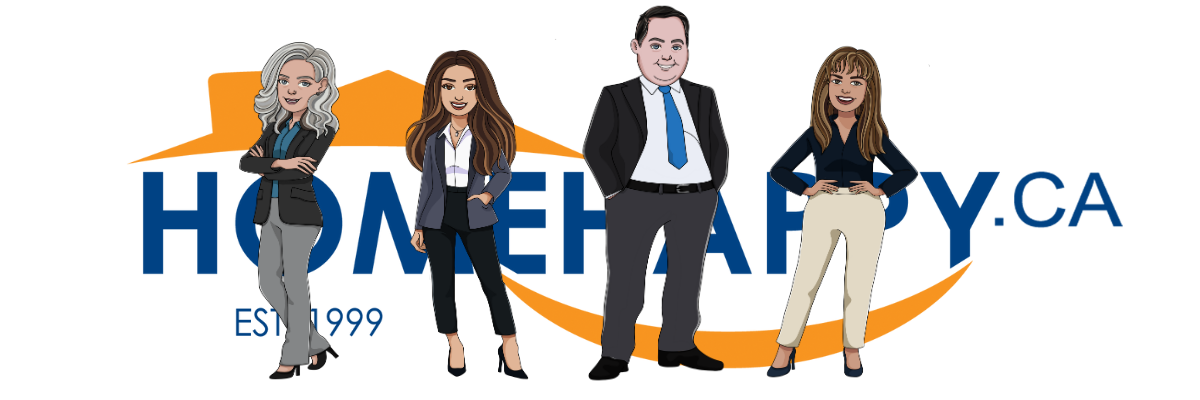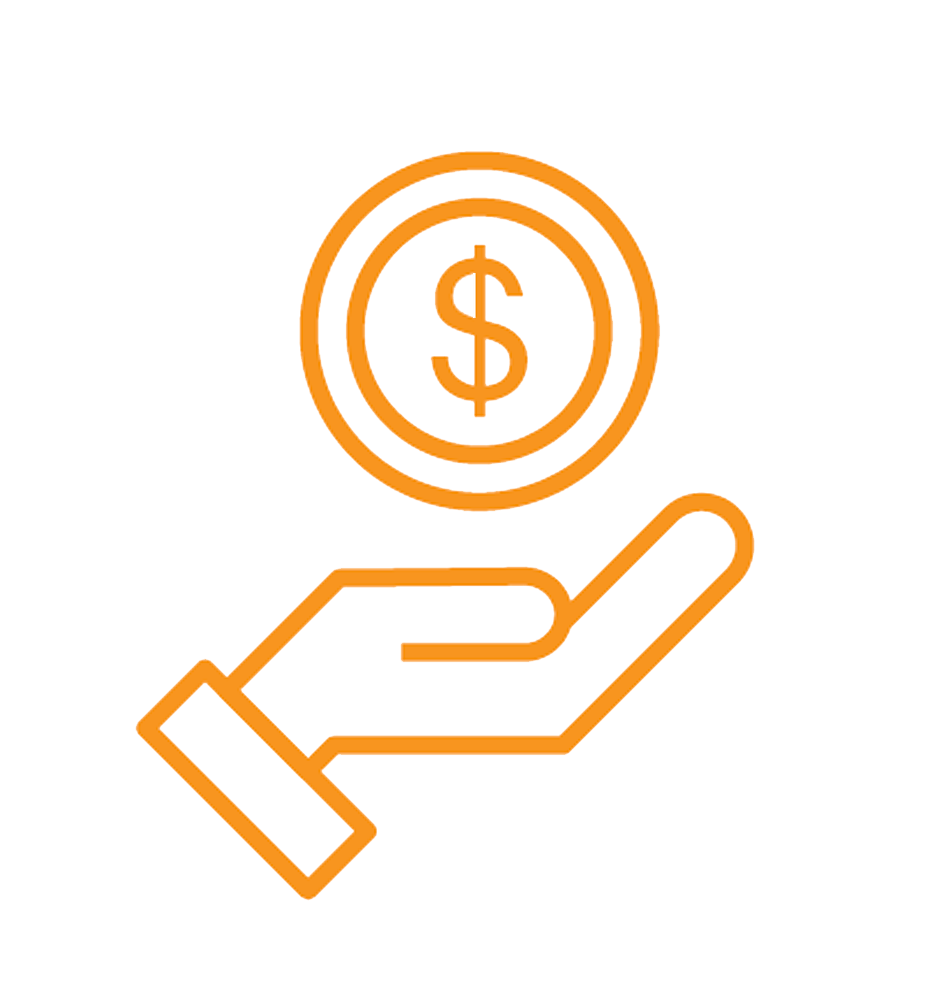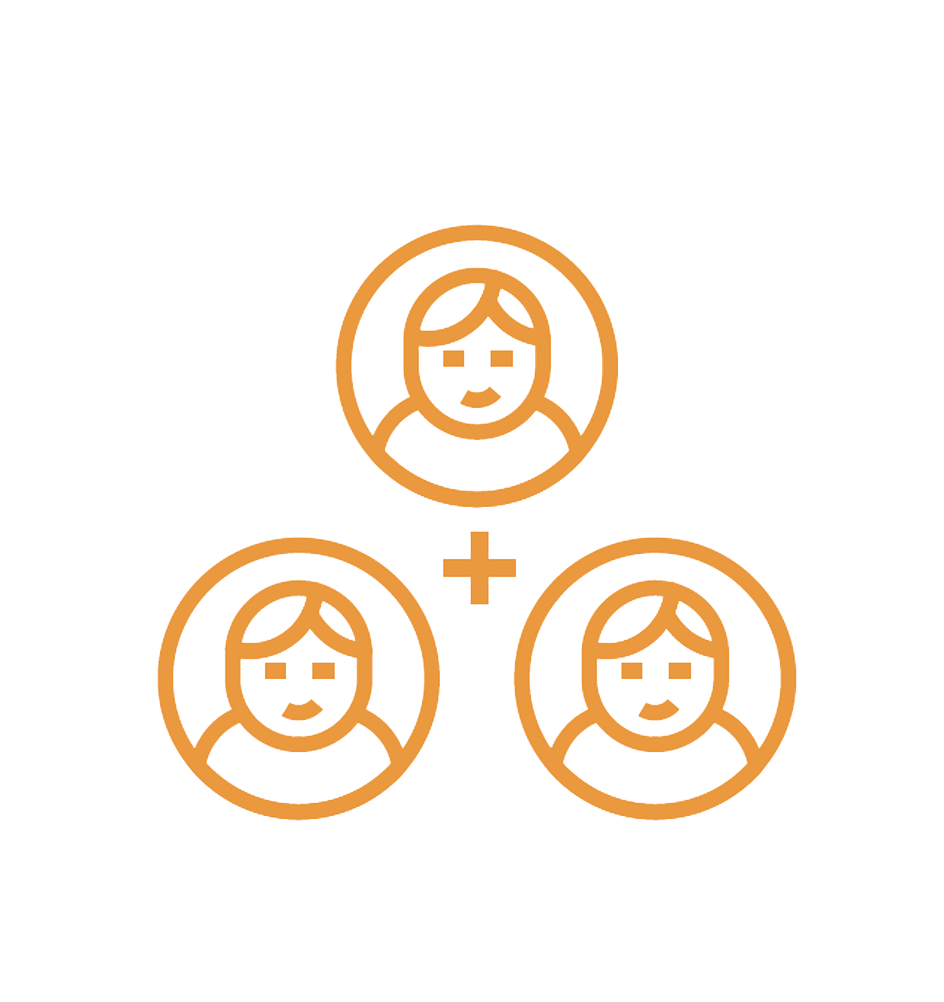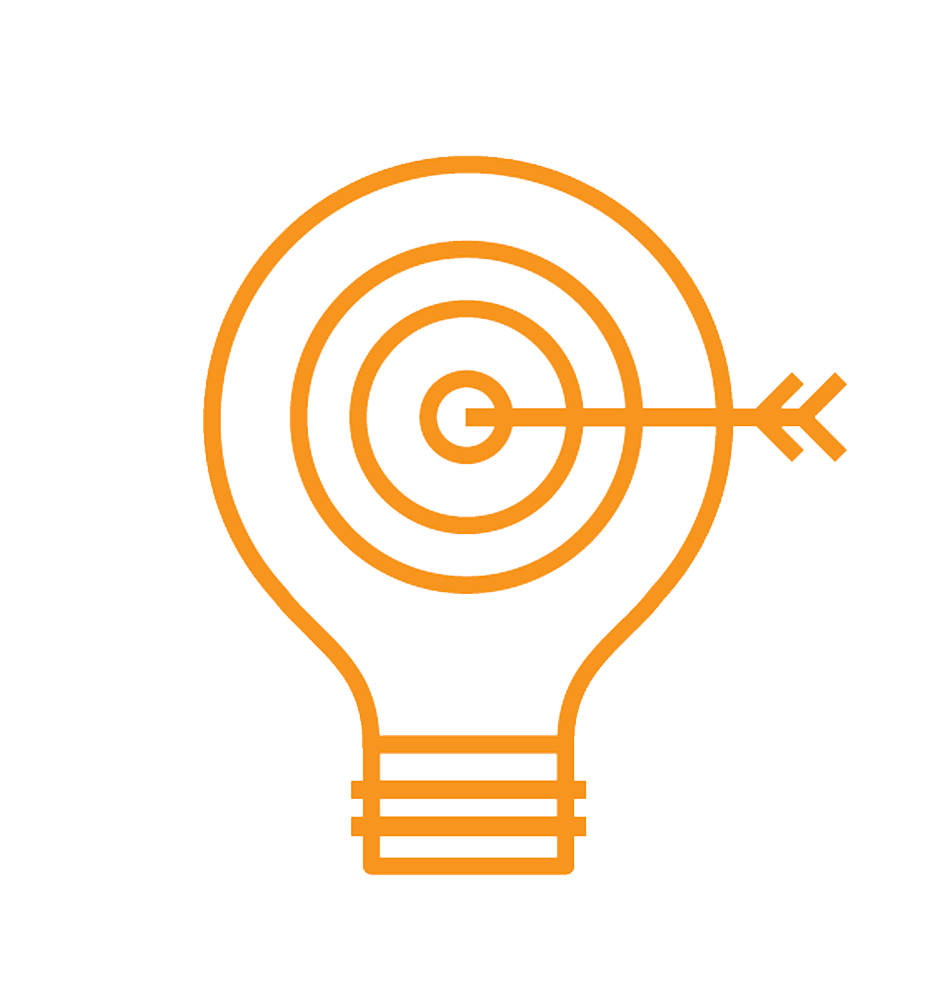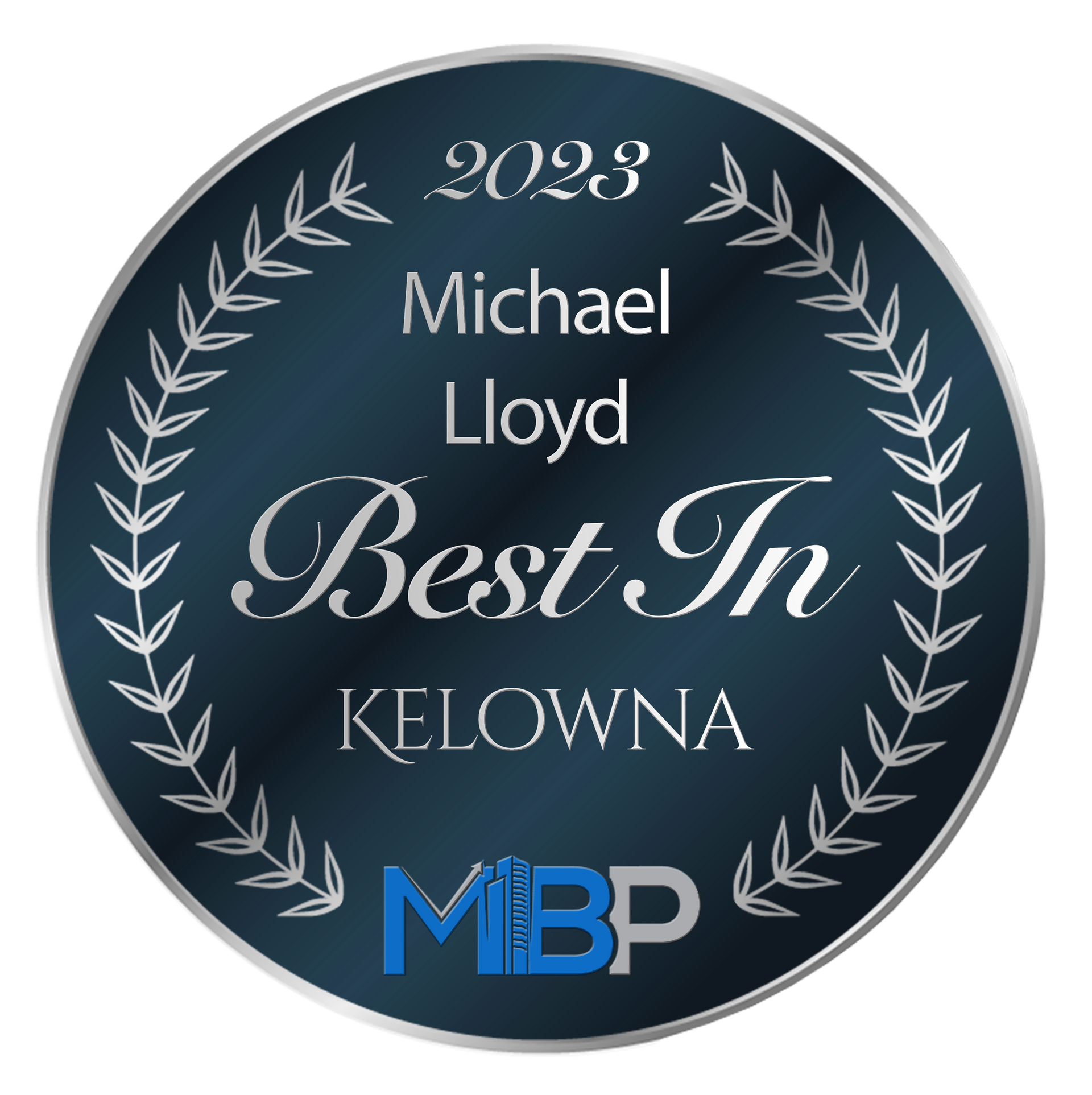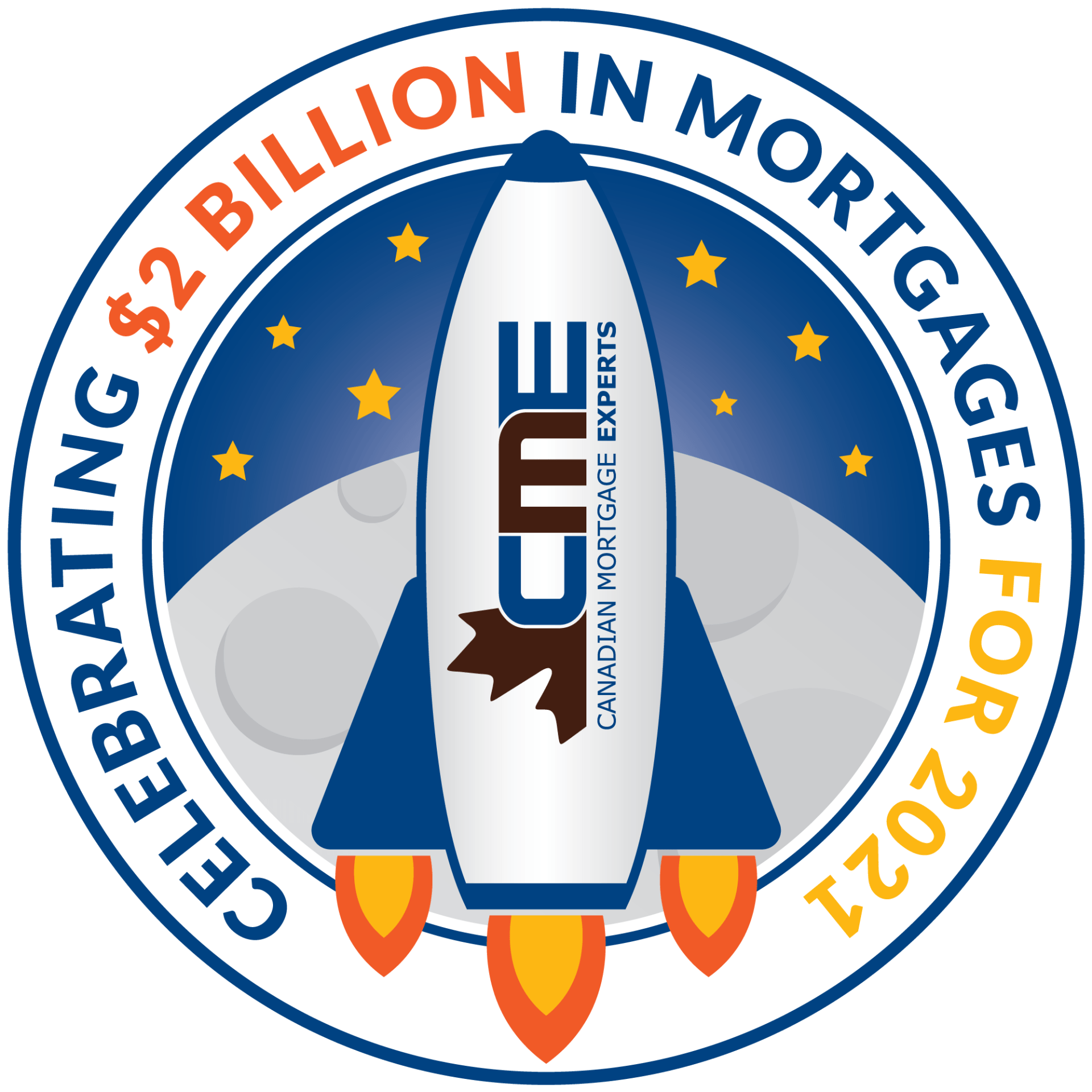YOUR OKANAGAN MORTGAGE BROKERS
START MAKING MEMORIES IN YOUR NEW HOME, OUR TEAM IS HAPPY TO GET YOU THERE.
For a beautifully designed home loan experience in the Okanagan, that gives you the safest and most secure mortgage, reduces your risks, and provides you with complete peace of mind...
Welcome to the
HomeHappy Team.
Chances are, you need a mortgage, that's why you're here! Happy to have you. Please take a look around, watch a couple of videos, and get in touch by hitting one of the start here buttons scattered around the website! (like the one below) We're happy to help!
The HomeHappy Okanagan Team.
Discover the Homehappy Team, your trusted Okanagan mortgage brokers. Let's turn your Okanagan mortgage dreams into reality! Discover valuable resources and get in touch today.
Our industry knowledge benefits you
We find the best solution every time. With over 70 years of combined lending experience, The HomeHappy Team knows the mortgage market inside and out, and we never leave you hanging, we’re with you every step of the way. Put our industry knowledge to work for you!
Care and attention from a whole team
We believe an expert team is more effective than a single broker in providing you with a beautifully designed home loan experience.
Each member of The HomeHappy team has specialized expertise, which serves you better at each step of the mortgage process!
Digital mortgage experience
When you're ready to get started, our simple to use and secure application process is intuitive and keeps your data safe. It's the best place to start as you connect with us to explore your mortgage options. So go ahead, hit the start here button and we'll get this party started.
Hear what our happy clients have to say.
Mortgage financing can be confusing. It doesn't have to be. We're happy to simplify the process for you.
Happy calculating.
They say money can’t buy happiness, but it can buy a really nice home!
And if that makes you happy...
Happy learning.
Here are some videos we've made to help you learn about the home buying process!






